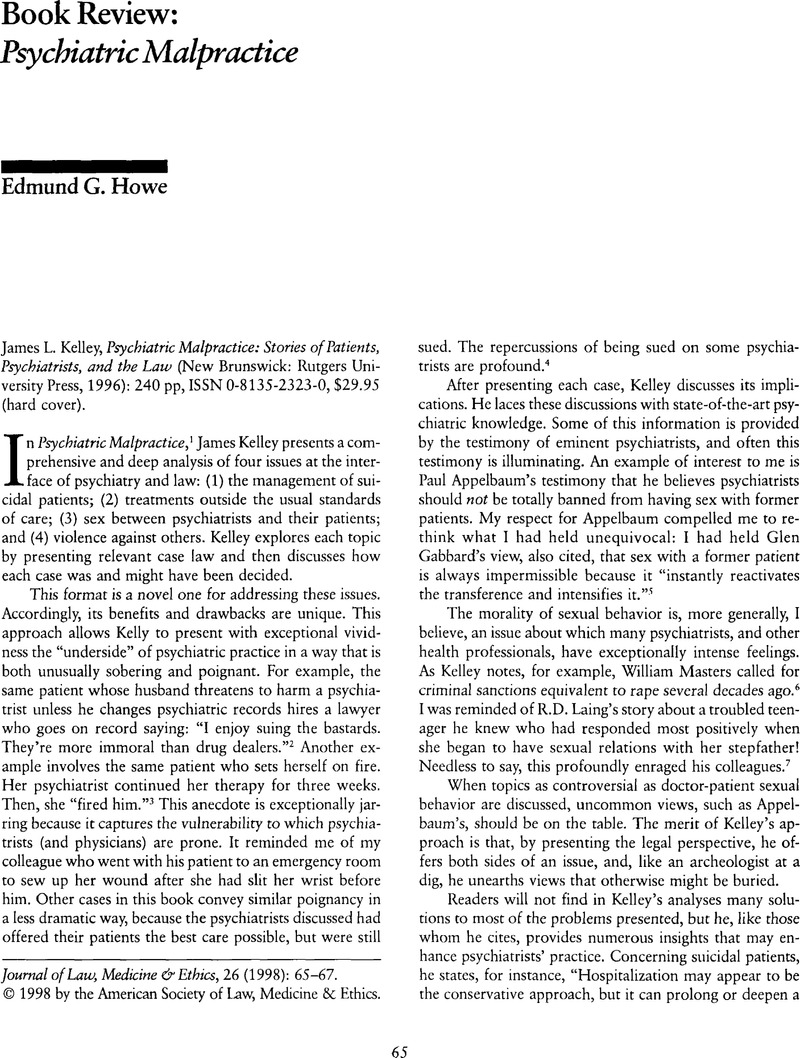An early example of the use of paradox is
Palazzoli, M.S., Paradox and Counterparadox (New York: Jason Aronson, 1978). Logotherapy is discussed by its founder in
Frankl, V.E. Lasch, Use, trans., From Death-Camp to Existentialism/A Psychiatrist's Path to a New Therapy (Boston: Beacon Press, 1959); its current applications are discussed in
Fabry, J.B. Bulka, R.P. Sahakian, W.S., eds., Logotherapy in Action (New York: Jason Aronson, 1979). Examples of Milton Erickson's work are presented in
Erickson, M.H. Rossi, E.L., Hypnotherapy/An Exploratory Casebook (New York: Irvington Publishers, 1979); and
Zeig, J.K., ed.,
Teaching Seminar with Milton H. Erickson (
New York:
Brunner/Mazel,
1980).
Google Scholar